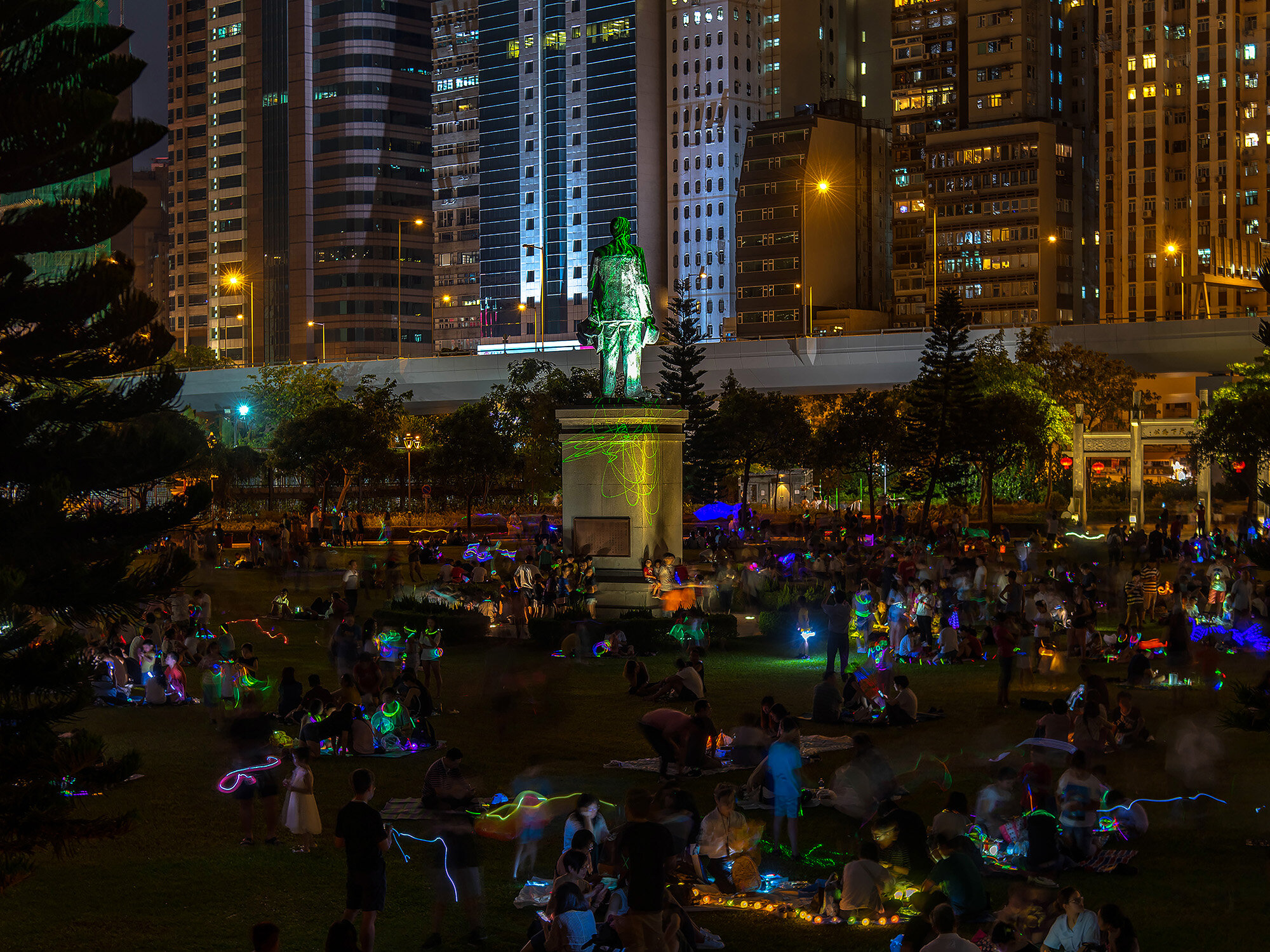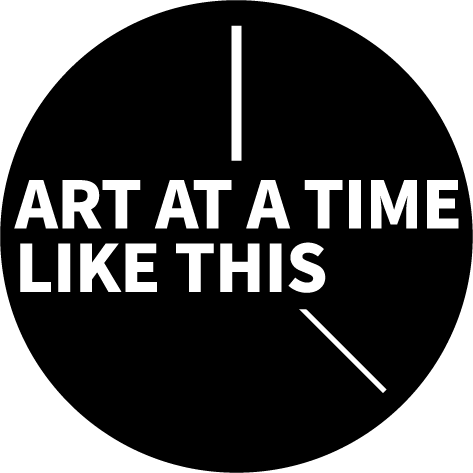
The relationship between Hong Kong and Beijing ruptured in 2014. Then newly instated President Xi brought his heavy-handed policy to Hong Kong which led to the first biggest occupy movement in the normally peaceful city. The movement was cleared out after 79 days and it had strengthened the determination to retake control of the city on both sides, the citizens and the government.
For months in 2019, the peaceful protests that eventually attracted almost 2 million inhabitants on the street fell on deaf ears, as the government insisted on enacting the Extradition Law that originally set off the protest. Although the protest had been facing a police crackdown since the beginning, the occupation of LEGCO on 1 July, the anniversary of the hand-over, made a turn for the worse. Throughout the summer, protests were held in every district in the city and were met with violent retaliation by the police. Episodes of police brutality and collusion with local gangs were broadcasted live online as various news organizations livestreamed the events whenever protests occurred, up to dozens of videos at a time. Many people who watched the events unfold on their screens were traumatized even though they were not at the scene, some not even in the city.
The COVID epidemic began in 2020 that ushered in a new era of struggle for the whole world. Hong Kong is no different. A new rift opened up between the city and China as new cases were imported from the mainland in the beginning of the epidemic, and yet the government refused to do anything about the human flow between the two places. Under the guise of disease control, large scale protests and rallies have been forbidden, and the National Security Law (NSL) launched in June became the highest law in the land, higher than the rights given in the Basic Law, Hong Kong's constitution. The NSL was not enacted by the local legislative body that is voted in by the inhabitants of the city, but by the National People's Congress. The law has given the police the power to arrest those who 'break' the law and with the ill definitions for 'secession, subversion, terrorism and colluding with foreign countries,' arrest they did.
One year later, the cover story of the only English newspaper in Hong Kong South China Morning Post reads, ‘a tally found at least 173 activists in the opposition camp - including 108 district councilors - have been arrested for various offences.; 64 of those arrests are charged with offences against the NSL. In June, the only newspaper that held a pro democratic view, the Apple Daily, was raided by the police and shuttered a few days later because of allegations violating the NSL.
MMXX is the Roman numerals for 2020. Any hope that the tide had changed since 2019 has been largely squandered. The structure of one of the most forward-looking cities in the world is dismantled piece by piece by its own government, right in front of our very eyes. Most of the works in “MMXX” are created before the watershed moment of 2020, reflecting the moments leading up to the so-called beginning of the end. What is the end or what is ending, we may never know for sure. 2020 is a turning point for the world as a whole. All events and social relations are interlinked, and none of us have ever been absent. "MMXX" is a snapshot of art production at this crossroad of hope and desperation.









